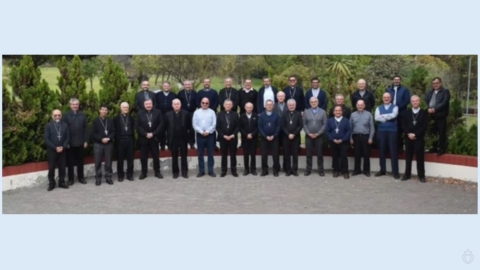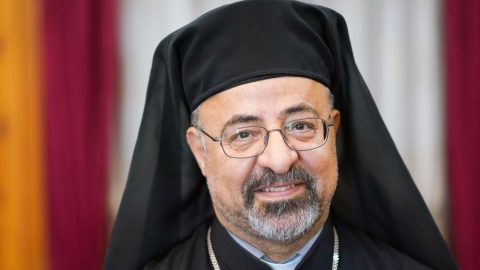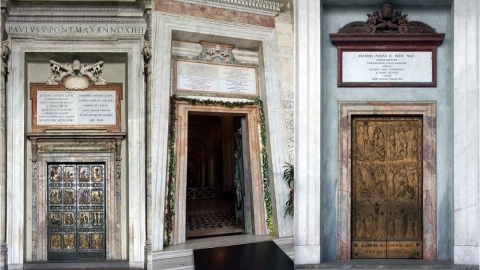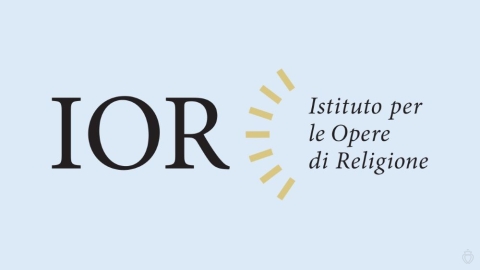Propaganda Against the Church in Cannes
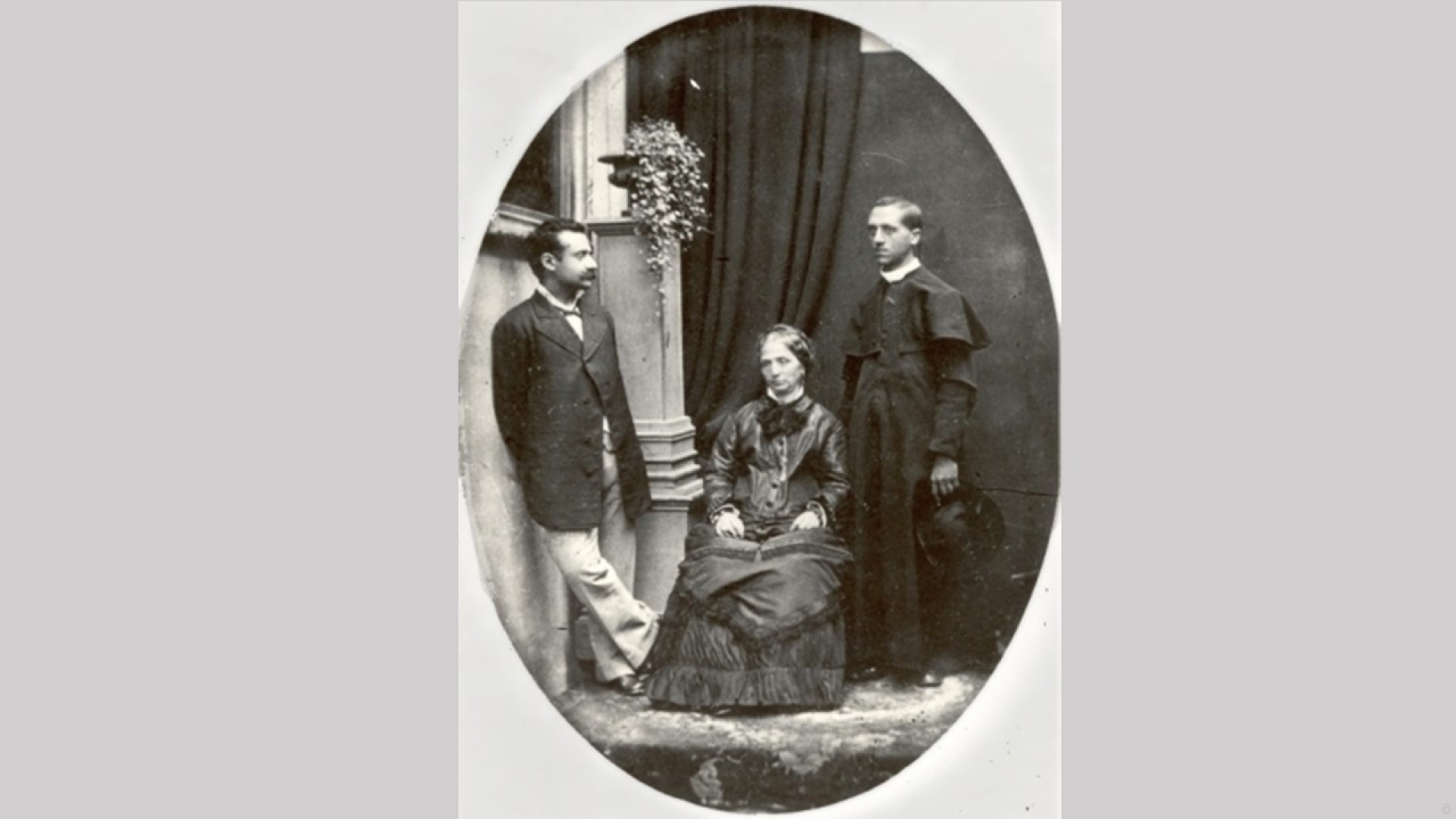
Fr. Edgardo Mortara and his mother
The turnip is a vegetable that grows twice a year, and its spring harvest is reputed to be the best. What is true in our countryside is not necessarily so in Cannes, which during its film festival screened a preview of an anti-Catholic propaganda film which is to be released on November 8, 2023. L'Osservatore Romano has reported, but not in the sense one would expect.
The film by Italian director Marco Bellocchio revives the clichés used to fuel the black legend against the Church. Rapito – “The abduction” – is inspired by a propaganda book published in 1996 by Mondadori editions under the title Il caso Mortara, a Jewish child baptized in the Papal States without the knowledge of his parents in 1852, and removed from their custody so as to be brought up in the Catholic religion.
The tone is set from the trailer: melodrama must take precedence over the truth. We see a clergyman during the night, proceeding by torchlight, accompanied by guards coming to snatch a six-year-old child from the arms of his parents. It is a historically false version, denied by Edgardo Mortara himself, in his memoirs written in 1888, in Castilian.
These unpublished memoirs were translated and published in Italian in 2005, in a book edited by Vittorio Messori (Io, il bambino ebreo rapito da Pio IX – “Me, the Jewish boy kidnapped by Pius IX. The unpublished memoirs of the protagonist of the Mortara affair.”) – in which the “abducted” child dismantles point by point the lies that come up again however more than 130 years later in Rapito.
Edgardo Mortara was born into a Jewish family living in the Papal States in 1851. A family that had hired a Catholic servant, contravening the civil law of the time which prohibited Jews from having Christian servants in their service.
At the age of one, Edgardo is struck by a sudden fever. When he seems to be in danger of death, the Catholic servant baptizes the child in secret, but the child survives, and the affair is not revealed until six years later. When informed of this, the administration of the Papal States seeks a peaceful and conciliatory solution with the Mortara family.
Several attempts at mediation are undertaken. Given that the young child is now a member of the Church through his baptism, he should receive a Catholic education, but there is no question of cutting him off from his parents. They will have to commit to leaving him free to practice the Catholic religion.
However, the Mortaras refused any conciliation, and the administration of the Papal States withdrew their rights of custody and placed the child in a Catholic institution. Edgardo would later choose to become a priest and would be ordained in 1873.
Even today, in certain painful cases, the French State – and other modern States – arrogates to itself the power to remove children from the custody of their parents in order to protect them from alleged physical or moral harm, and no one questions this principle.
The Papal States applied the same principle, by virtue of the ecclesiastical laws which governed it, and it would be necessary to show bad faith to reproach the Church for having done 130 years ago what our modern democracy still allows to be done today, under its own principles.
L'Osservatore Romano devoted an article to the film on May 30, 2023 under the evocative title “Drama of freedom and injustice of the world.” Andrea Monda describes “a poignant film, where we see all the main characters repeatedly moved to tears, and the audience too, faced with a story as dramatic as it is unfair.”
As for Pius IX, he is portrayed by the journalist as a pope who “understood, almost with disbelief, that he was the last pope-king, contemplating, powerless, the end of his reign, with a resentment that led him to exercise his power more and more over people and property, to the point of thinking he was acting legitimately in instructing Edgardo in the Catholic faith.”
It is time to return to the sage advice that Pope Pius XII gave in 1957, in Miranda Prorsus, which is the first encyclical devoted to cinema and television: “This should be the first aim of the arts of the Motion Pictures, Radio and Television: to serve truth and virtue.… As often as they [the Committee] have to judge the moral aspect of a cinema program, they should attentively review within themselves those directives already many time given by Us, as occasion offered; and particularly when We spoke of the ‘ideal film,’ of the points which concern religion, and at the same time of representation of evil deeds: it should never ignore or be opposed to human dignity, to the modesty of the home surroundings, to holiness of life, to the Church of Jesus Christ, to human and civil types of association.”
(Sources : Osservatore Romano/Corrispondenza Romana – FSSPX.Actualités)
Illustration : Not recorded, Domaine public, via Wikimedia Commons
